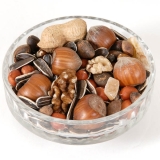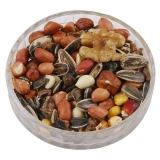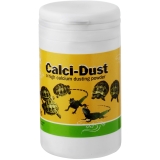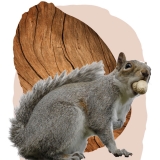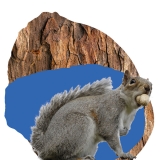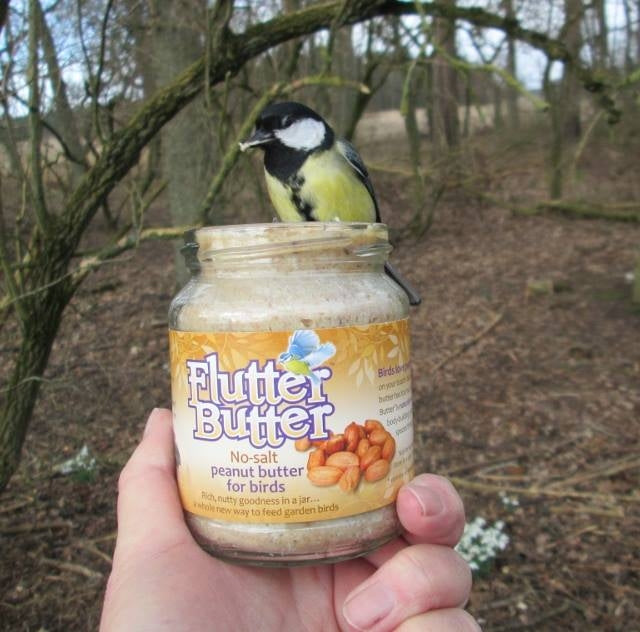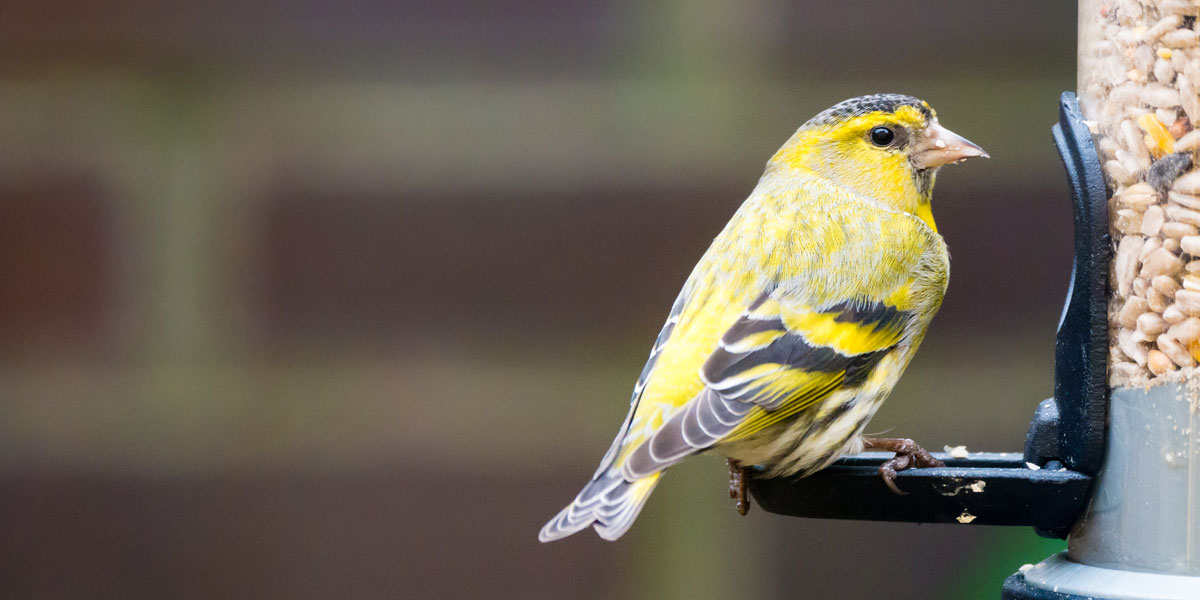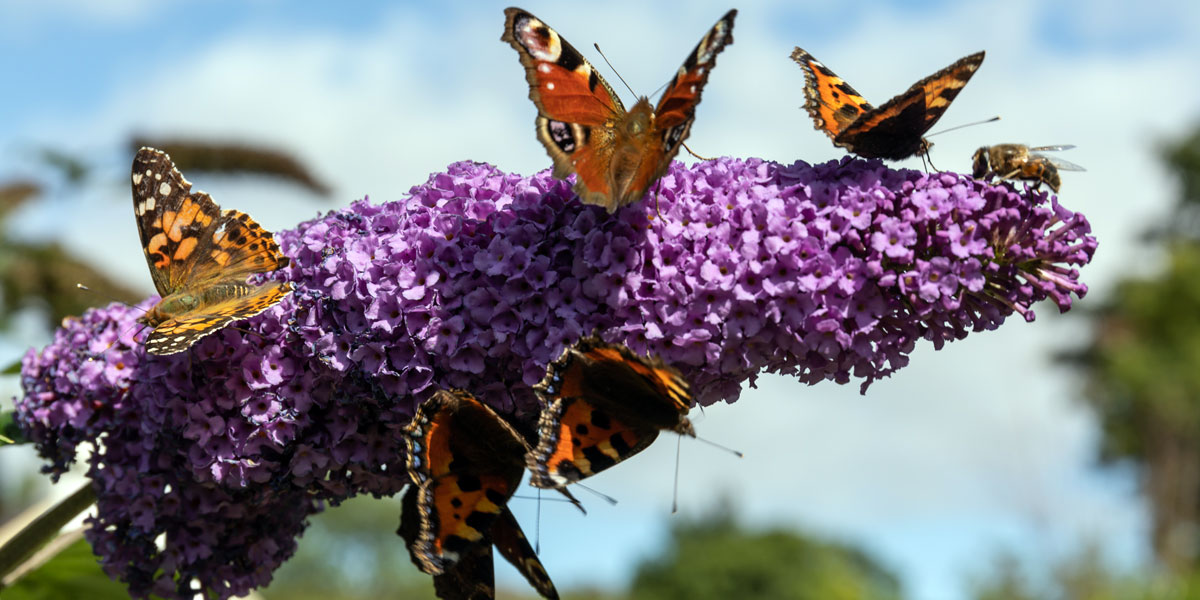Explore Our Garden Wildlife Blog
Browse or search by Category or Keyword below, alternatively click on any Tag to see related articles.
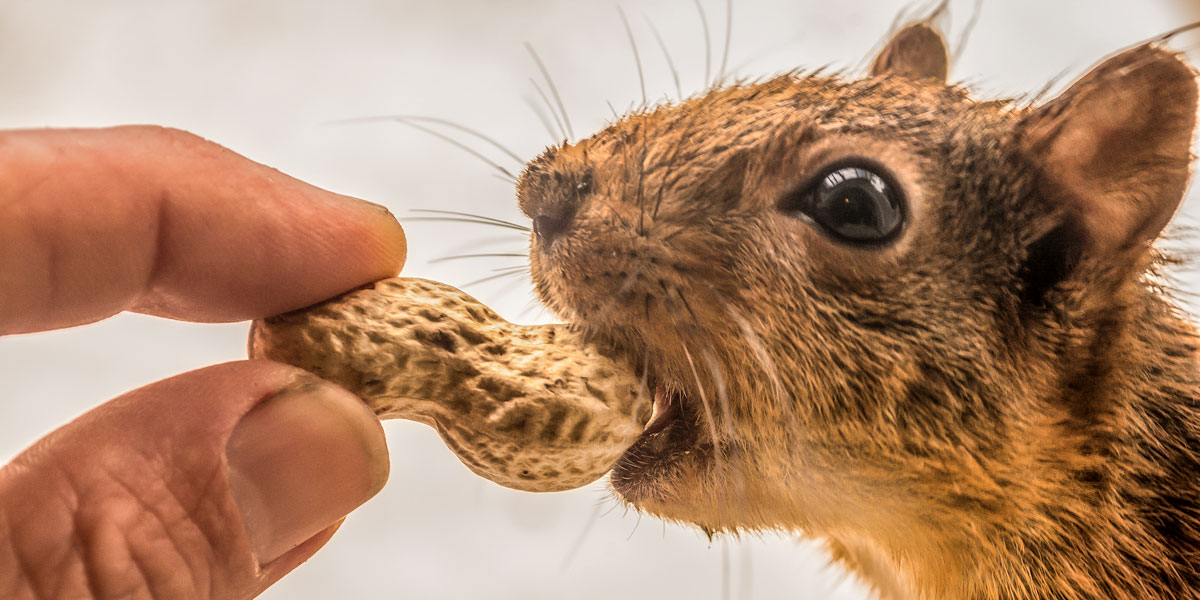

Calcium Deficiency & MBD in Squirrels
By Ark Wildlife
14th November 2016
Last Updated: 31st August 2022
This article is relevant for supplementary feeding of red and grey squirrels.
Why am I being told not to feed peanuts to squirrels?
There have been concerns raised over the apparent overdependence of squirrels feeding on peanuts. This is partially because they are legumes and not true nuts, and when overfed, can contribute to calcium deficiency.
The primary concern is they have a poor calcium to phosphorus ratio, which if it was reflected in total diet could lead to a potentially fatal condition known as Metabolic Bone Disease (MBD). It is important to note that true nuts have similarly poor ratios to peanuts, and it’s therefore the overfeeding, not general feeding that raises the concern.
Peanuts can make a positive contribution to a balanced diet, offering a nutritious balance of protein, oil and useful amino acids. This is why we grow them as a commercial food crop for humans and farm livestock. Commercial farming the crop also makes them very cost effective compared to true nuts. Peanuts are an extremely useful food for multiple species including squirrels.
The thing to remember is if all we ate was peanuts, we’d become ill pretty quickly too. A varied diet is the key to good health and the supplementary feeding of a few peanuts to wild animals will do far more good than harm. The potential for harm only occurs when squirrels (and particularly their young) start to depend on peanuts as a staple over a varied foraged diet. This may occur at times of shortage, over population or even an excess of well-intended people all feeding peanuts simultaneously to the exclusion of other food stuffs. This was classically demonstrated in a few of England’s isolated red squirrel populations in recent years but this has happily been identified and fixed.
How do squirrels get calcium in the wild?
While there is plenty that you can do to help prevent calcium deficiency in squirrels, they can also give themselves additional calcium intake by gnawing on bones and antlers from animal remains that they find in the wild. This can’t be completely relied upon to provide sufficient calcium all year round, so giving peanuts, seeds or pre-mixed squirrel foods to those that visit your garden can make a real difference to their survival. Always remember that you’re supplementing the diets of wild animals in your garden rather than providing them with all the food they need – so portion accordingly because squirrels love to eat!
MBD in squirrels: What is the cause of metabolic bone disease in squirrels?
MBD is a well-recognised syndrome that affects all vertebrates including squirrels and humans. It has multiple causes but is generally diet based and caused as a result of insufficient calcium absorption. When the ratio of calcium to phosphorus in total diet falls below 1:1 there is a risk of the disease developing. It causes weakening of the skeleton, joint abnormalities, muscle tremors, seizures and if left untreated, ultimately death. It is recommended that a total diet consists of a ratio of 2:1 calcium to phosphorus and sufficient Vitamin D levels (Vitamin D3 aids calcium absorption). A varied diet is critical and should include sprouts, greens and a little fruit as well as nuts and seeds. Therefore, when feeding wild squirrels, it is best to only feed enough to supplement their diet, ensuring they continue to forage.
Calcium for squirrels: what foods or supplements should you feed them?
Feeding a handful or two of peanuts every day to a family of squirrels will be great for them; especially in late winter and early spring, the time when natural resources are exhausted. If you want to do more, buy a range of true nuts and seeds (subject to what your budget allows) and you can add small amounts of fresh fruit (not dried), greens and sprouted seeds to vary their diet and add much needed calcium. You may also want to buy a powdered calcium supplement that can be sprinkled on any food including peanuts to further aid them. This is particularly useful when the young arrive in late spring and early summer and are growing fast.
Alternatively, you can opt for any of our pre-mixed squirrel foods that combine all the key nutriants squirrels need, and additionally fortified with soluble and insoluble calcium along with a combination of probiotics to maximise squirrel health and boost their immune systems.
External sources/references






